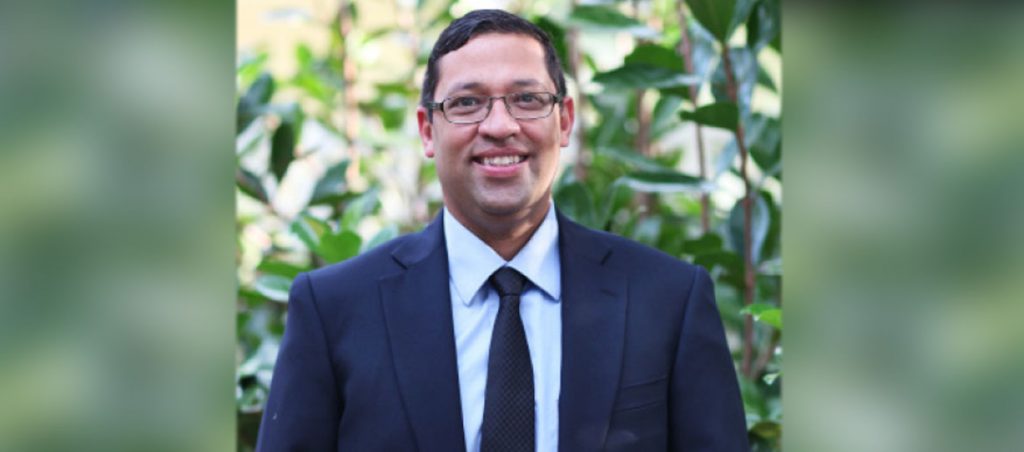The medical community is working toward controlling the cost of healthcare for people with chronic diseases such as congestive heart failure, COPD, asthma and diabetes. One major development is the introduction of devices that monitor physiological parameters in sicker populations.
While these devices are sophisticated and have tremendous potential to help, the amount of data that’s generated is vast. Each device has its own data algorithm that flags abnormal conditions, and results from these devices are typically displayed on a dashboard provided by the company.
A medically trained professional then needs to review the dashboard, evaluate the information in the context of the patient and determine the appropriate action. Most physicians don’t have the time or resources to monitor multiple dashboards.
While devices can collect and send data, a medical professional must still interpret the results and guide the wearer on next steps – should a prescription medicine dosage be increased or decreased? Is an in-office visit required? Do the results require immediate intervention?
At TriageLogic, our goal is to bridge the gap that exists between the mountains of data from devices and the decisions that need to be made in support of better health. We do this by using our proprietary technology. A trained nurse will review device dashboards for abnormal values and then use custom protocols and doctor-driven workflows in our system to determine the appropriate action. This allows physicians to monitor and direct care without having to constantly review dashboards from multiple devices.
For organizations that need to keep their nursing resources focused on direct patient care, TriageLogic also offers trained triage nurses in addition to dashboard data monitoring.
Although technology is constantly evolving, TriageLogic is committed to changing with it and helping decrease patient expenses and optimize patient care.





